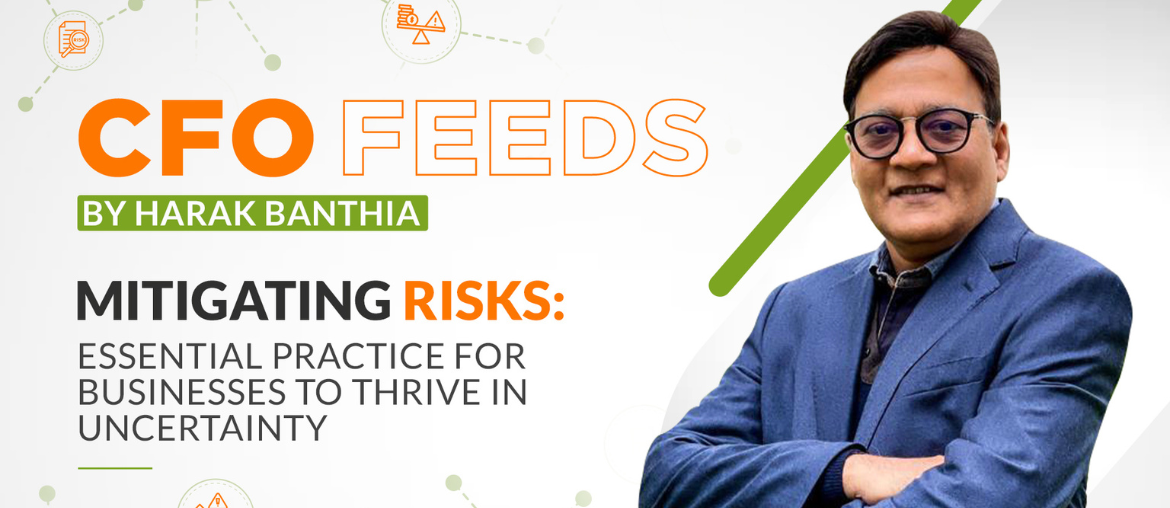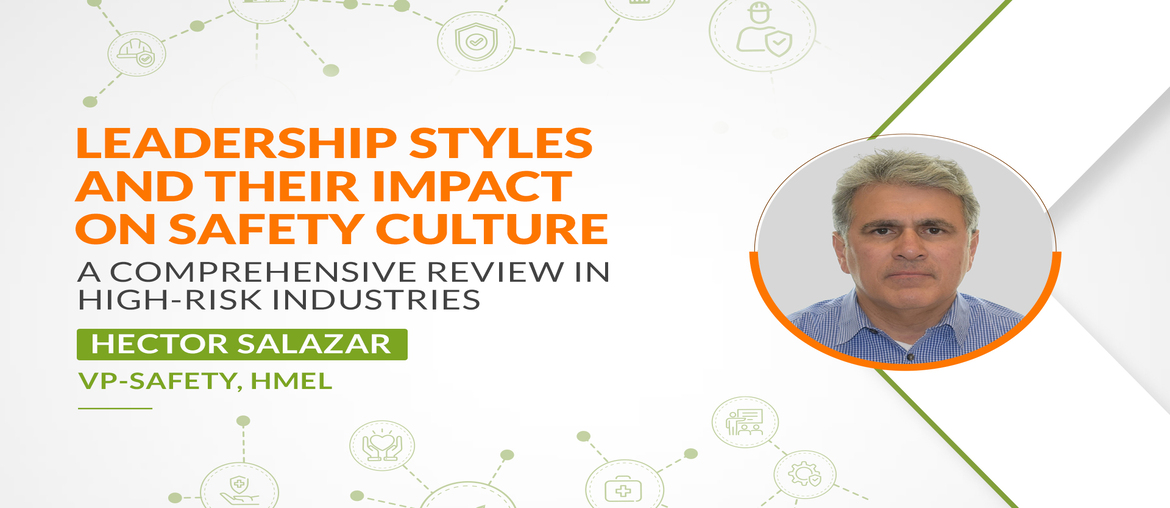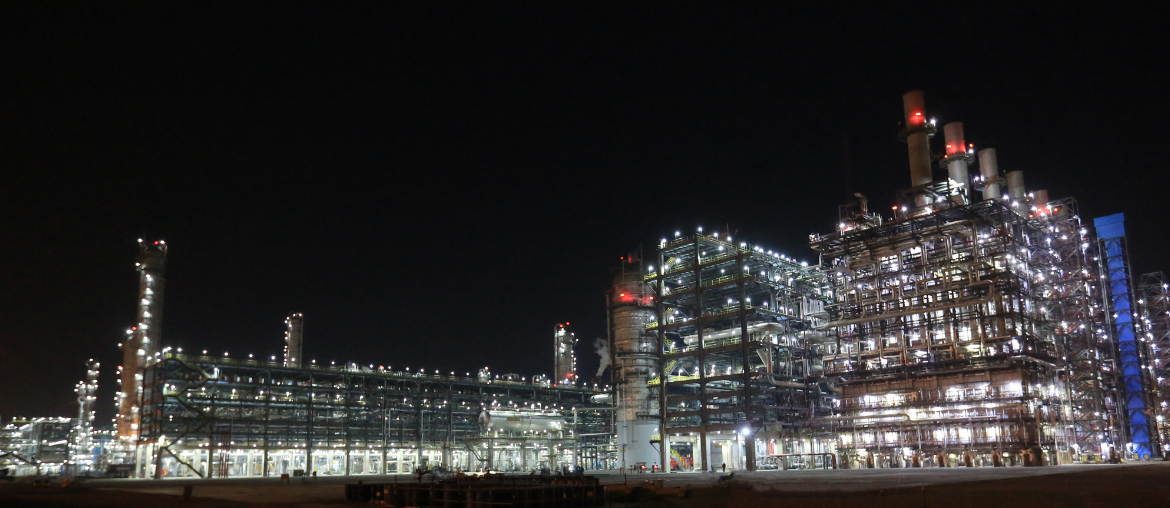In the ever-shifting dynamics and landscape of the business world, effective risk management is fundamental. It acts as a core protective layer, proactively identifying and addressing potential threats that could disrupt operations, finances, or reputation. Risk management is not a one-time fix; it's an ongoing process that demands constant vigilance to ensure long-term stability and growth irrespective of the industry and the size of the business. For the oil and gas sector that is so prone to volatility, risk management becomes a core principle upon which businesses must act. For businesses, particularly those in energy- dependent countries like India, proactive risk management is essential to ensure continuity and stability in operations amidst international disturbances.
Strategic Approach for a Stable Growth
In the game of business, success hinges on navigating uncertainty. A strategic approach to risk management transcends mere reactive firefighting. It's a proactive game plan, meticulously crafted through comprehensive strategy planning and targeted investment. By identifying critical risks that could derail objectives, businesses can prioritize mitigation strategies and allocate resources effectively.
At HMEL, we understand this, and that is why risk management is a cornerstone of our operational excellence. For the same purpose, we established Enterprise Risk Management at HMEL which emphasizes risk identification, assessment, evaluation, mitigation, monitoring, and
reporting.
Risk Management in Action
A case in point of our dedication towards risk management is our proactive adherence to ISO:31000 standards which help us lay out a robust risk management system that has clear policies and procedures. In today's world, global issues like climate change and unsustainable practices can pose significant risks to the oil and gas sector. We acknowledge this fact and are mindful of our impact on the environment which is why we consciously address emerging ESG risks related to climate change, environmental practices, and governance. At HMEL, we set clear objectives across all levels of our organization for operations, reporting, and compliance, reflecting our commitment to risk management and self-awareness.
At HMEL, we set clear objectives across all levels of our organization for operations, reporting, and compliance, reflecting our commitment to risk management and self-awareness.
Power of Structure and Collaboration
The battlefield of business demands a united front, especially when facing potential risks. Effective risk management depends on strong leadership involvement. Leaders set the tone for the entire organization, and their decisive action, collaborative spirit, and alignment are crucial. Here at HMEL, leadership takes risk management seriously. This commitment is embodied by the Enterprise Risk Management Committee (ERMC), a dedicated team which plays a pivotal role in the organization.
This committee, chaired by our MD & CEO and our COO as Chief Risk Officer along with senior leaders from key positions, is tasked with implementing and continuously refining an effective Enterprise Risk Management system. It’s important for our leaders to get a wider look at where HMEL stands in times of uncertainty. That’s not all, understanding and recognizing the substantial impact of foreign exchange and commodity risks on our business, we have established two specialized sub-committees: the Forex Risk Management Committee and the Commodity Risk Management Committee. These sub-committees focus on developing and executing strategies to reduce these specific risks.
Turning Risks into Opportunities
With The ERMC in place, we consistently develop a detailed Risk Register which helps us rank risks according to their significance and define clear actions for managing them. Our Enterprise Risk Management Committee (ERMC) convenes regularly to assess HMEL's risk profile against our risk tolerance and to review the effectiveness of our risk mitigation strategies. Additionally, the ERMC provides quarterly updates on the risk environment to the Audit Committee, a sub-committee of the Board, to seek their insights and direction. This proactive approach maintains transparency and accountability in our risk management processes.
Benefits Beyond Compliance
Risk management should be an integral part of any business, transcending beyond merely mitigating potential threats. By adopting proactive risk management strategies, businesses can achieve greater certainty in decision-making, even in volatile markets. This approach not only builds confidence among investors and stakeholders but also fosters a culture of responsibility and foresight within the organization. With effective risk management systems in place, companies can better prepare for uncertainties, enhance employee well-being, and boost productivity. This preparedness allows businesses to take preemptive measures against potential dangers, ultimately paving the way for sustainable growth and long-term success.








